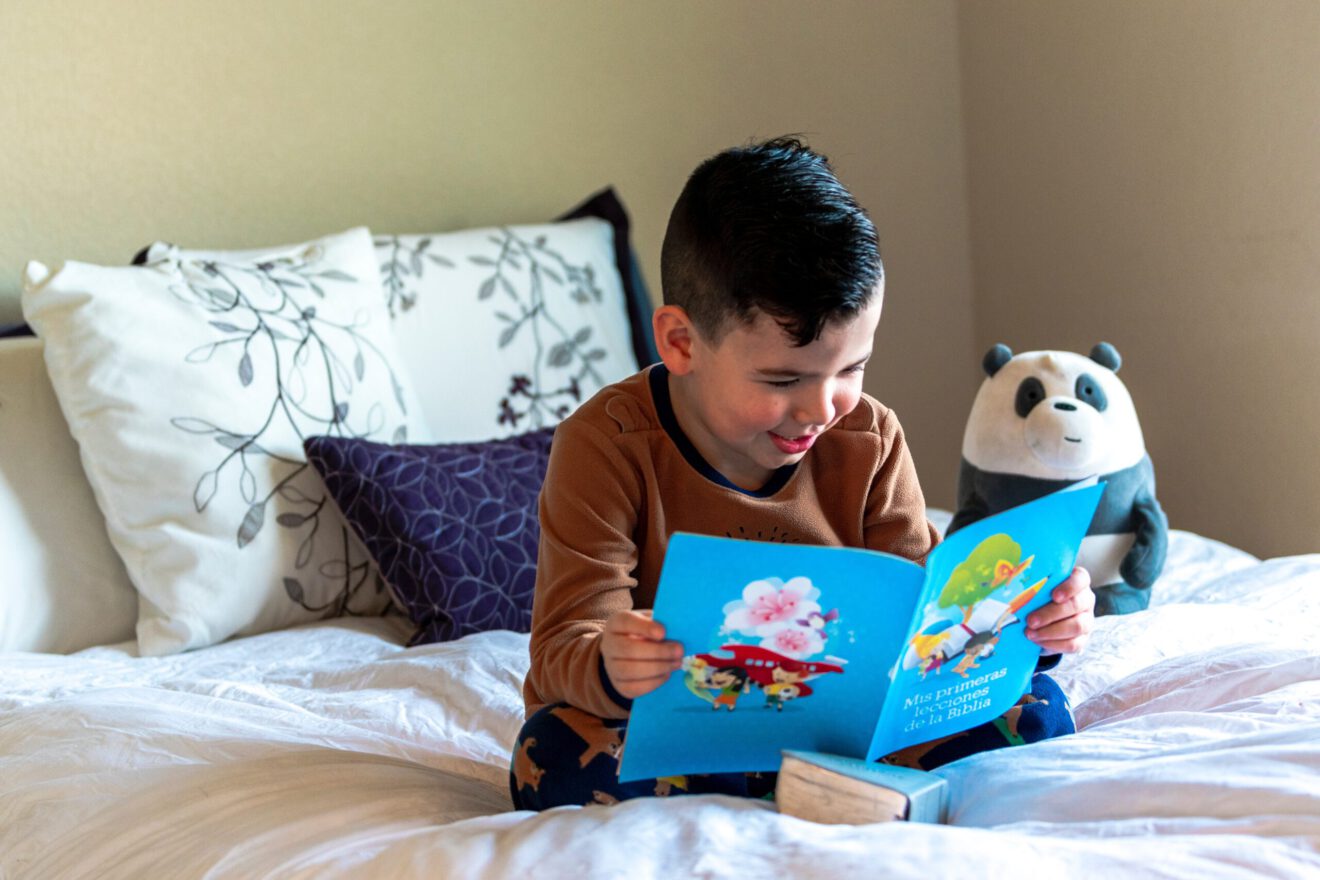As school buildings begin reopening, we must acknowledge that students haven’t spent the last 12 months on vacation, says Diana Arya, education professor at University of California at Santa Barbara. Before we can begin working on regaining the learning that’s been lost, we must first address “how to meet the needs of students who haven’t been on vacation but been in trauma,” she says. “We need a big reset.”
Arya joins reading specialist Donell Pons and Nevada Teacher of the Year 2021 Juliana Urtubey in a one-hour discussion about driving gains in reading instruction on Thursday March 25. The conversation will focus on the issues affecting students’ learning and what educators — teachers and administrators — can do to address those needs and develop critical readers.
Until then, here’s a roundup of stories with tips and ideas about reading instruction and addressing student emotional needs.
Launch an all-school reading program. A reading initiative involving the reading aloud of the same book for all students at a Camas, Wash., elementary school has had multiple benefits, including the building of community during the pandemic, teacher-librarian Sarah Logan writes in this blog post. Logan explains how the book was chosen and offers insights into adopting a One School, One Book program. SmartBrief/Education
Rethink reading logs. Reading logs are unlikely to nurture a love for reading, and students’ desire for the logs’ rewards for reading can be fleeting, asserts Mikkaka Overstreet, a literacy professor and former elementary-school teacher. For success with reading logs, Overstreet recommends letting students choose what they read and engage in fun — rather than quiz-like — chats about books. Book Riot
Teach students to “read” photos. Image analysis prompts students to linger longer on photos and other images to “read” what is being said and identify “fakery,” writes Frank Baker, an education consultant and author of “Close Reading The Media.” In this blog post, Baker writes that students can enhance their critical-thinking skills by answering questions, such as who took the photo, what message is conveyed and has it been altered, as well as engaging in various activities. MiddleWeb
Keep up daily read-alouds. Reading aloud can be a powerful — but often overlooked — tool to engage students and improve literacy skills, according to educator Christie Rodgers. In this blog post, Rodgers shares several benefits of daily read-aloud time, including showing a commitment to literacy and promoting student choice and leadership. Edutopia
Give students tools to help cope with emotional needs. Jeannette Myhre Elementary School in North Dakota is taking a proactive approach to support students’ social and emotional needs. Third-grade teacher Alexandra Randall says students are learning to have more tools in their toolbox to cope with anxiety, depression and other emotions, including taking “belly breaths” as needed. KXMB-TV (Bismarck, N.D.)
Prioritize remote student emotions. Special-education teacher Britney Griffith says that she emphasizes social-emotional learning with remote students, as students who are struggling with stress on top of learning difficulties often face challenges focusing on learning. Techniques such as having students take a quick walk, do some breathing exercises or grab a snack help them cope, Griffith says. KPTV-TV (Portland, Ore.)
Pandemic recovery must include student support. Returning to normal after the pandemic shouldn’t be an option for higher-education leaders, who instead need to work to improve college completion rates, in part by addressing inequities, asserts Carrie Welton, director of policy and advocacy at the Hope Center for College, Community, and Justice, in this commentary. Radical, imaginative supports are needed to remove barriers and increase equity for underrepresented students and improve the lives of individuals and families, as well as economy, she writes. EdSurge
Kanoe Namahoe is the director of content for SmartBrief Education and Business Services.
Like this article? Sign up for ASCD SmartBrief to get news like this in your inbox, or check out all of SmartBrief’s education newsletters, covering career and technical education, educational leadership, math education and more.
